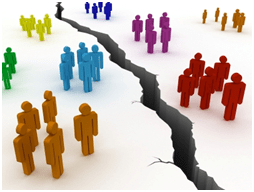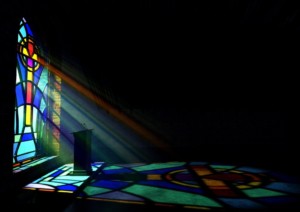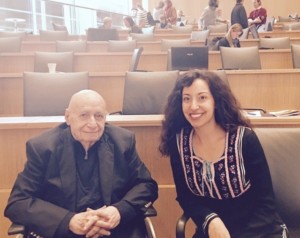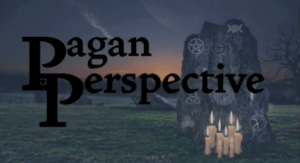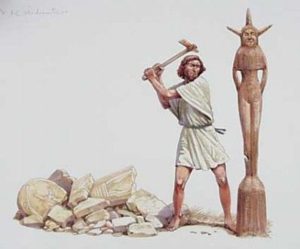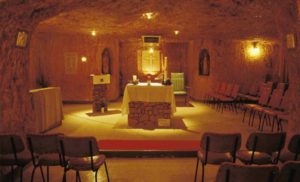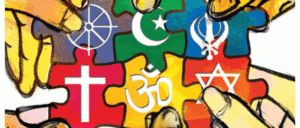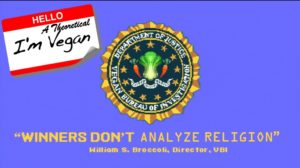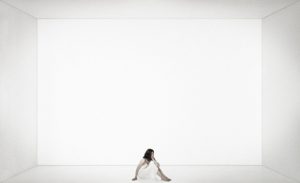
Living in Limbo
Thompson, in her interview with the RSP, touched on very interesting points regarding youth, young people’s religiosity, and their exit from the church at teenage years. In this time-limited interview, she gave us a lot of food for thought. In this piece, I would like to discuss her responses in a mixed order while maintaining a proper flow.Thompson begins the interview by talking about youth…

